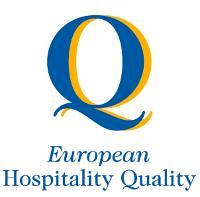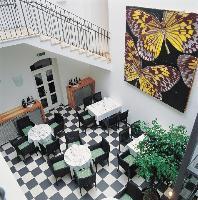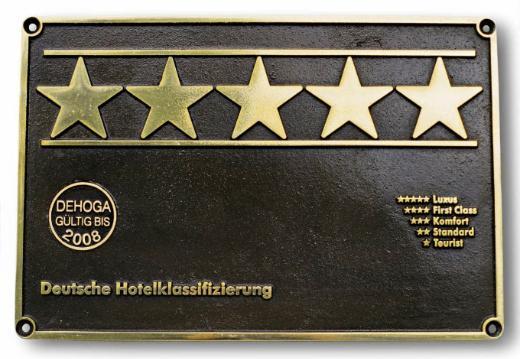
News & Stories
Worms. As of this month, Prof. Dr. Klaus Fischer holds the office of Professor for "Travel Technology" at the University of Applied Sciences in Worms. The professorship is the first of its kind in Germany.

Phoenix/Eschborn. Management agreements in Thailand, lease agreements in Germany and a master franchisee in India. Best Western Group is expanding all over the world experimenting with various kinds of agreement combinations. This is new.
Ostfildern. The wellknown Varta hotel and restaurant guide has been interviewing hotel guests since this month in the lobby, at breakfast or in the parking lot. Guest opinions will become a part of the Varta evaluations in future. At the same time, the results form a basis for a future online hotel evaluation platform. However, not every hotelier is happy about the new interview initiative.

Berlin. Last week, Park Plaza Hotels Europe entered the stock market. Thus, the planned expansionist policy will further accelerate. Including all hotels under construction, the portfolio currently lists 30 hotels in seven countries. By 2010, this number is to be more than doubled.
Duesseldorf. With openings in Vienna and Hamburg, Lindner Hotels AG is currently following a policy of strategic growth. But managing ailing hotels will be a sector of the team from Duesseldorf in future as well. Recent examples prove this.

Harz. As the hotelier Harald Doerschel arrived in Harz from Berlin in 1973, he certainly didn’t intend founding his own hotel chain. Meanwhile, Sonnenhotels plc with its twelve hotels in Germany and one in Austria has developed into a medium sized German hotel company. One of the recipes of success for the family firm is its unusual method of distribution.
Greenwich. Starwood Capital Group announced the creation of Baccarat Hotels and Resorts, a five-star luxury hotel brand inspired by Baccarat's global iconic status. Starwood Capital Group's controlled affiliate owns 86% of the shares of the Baccarat company. For more than 200 years, Baccarat has been synonymous with luxury, hand-crafted quality and the unending pursuit of perfection.

Augsburg. Thanks to SGS Italy, even a "7 star" classification has made its way into the world of hospitality. Officially recognised - worldwide - are 5 stars as the highest quality rating. What has one then to understand of the Italian 7 star rating? Associations, just like hoteliers, remain sceptical; a feeling that's only strengthened by the secrecy surrounding the certifying institute. The leading hotel associations in Germany, Austria and Switzerland give us their opinions, as do The Leading Hotels of the World as leading marketing association of 5 star hotels, a Ritz Carlton Manager and an independent Swiss hotel consultant.
Milan/Geneva. Up to now, Societé Generale de Surveillance SA located in Geneva and operating 1,000 branches in 48 countries has been known for technical certifications for major groups, for security standards, ISO 9000 inspections, wind energy, but also in the field of services. Now, SGS Italy is awarding seven hotel stars and throwing well-sounding names on the market to make the entire procedure more attractive. But these names dissociate themselves from this concept. The hotel associations in Germany, Austria and Switzerland as well as renowned hotels are very sceptical about a 7-star certification. Five stars are recognised worldwide.
